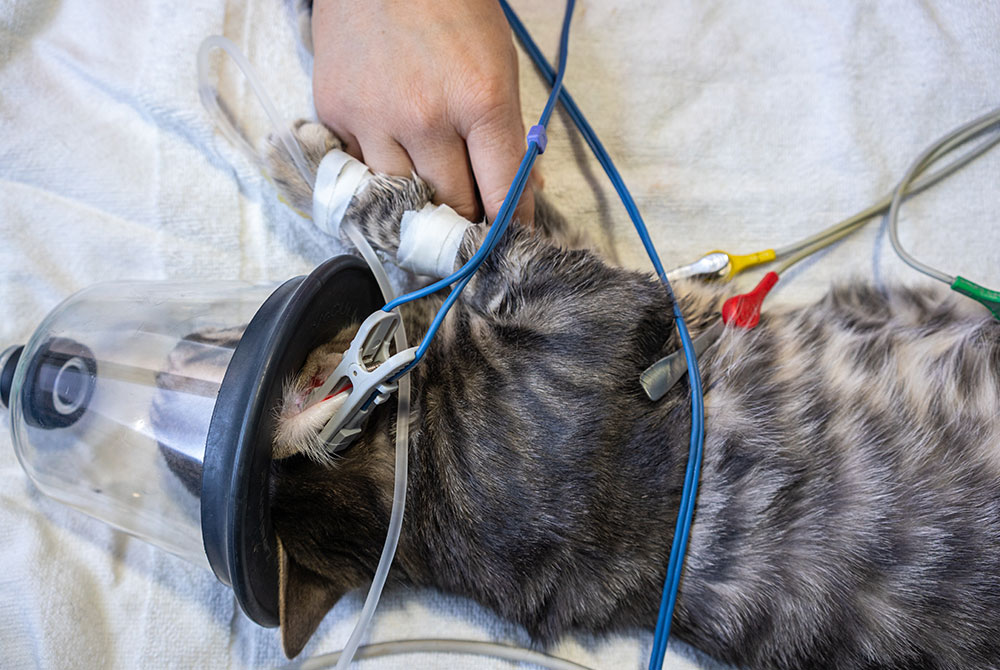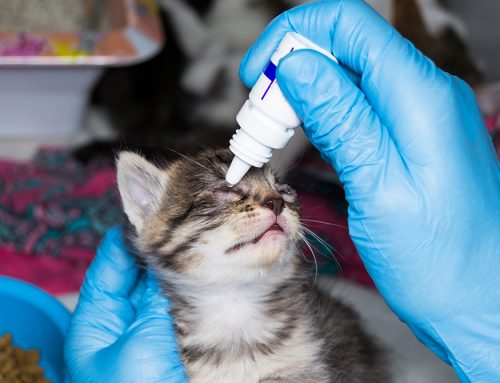What is Congestive Heart Failure (CHF)?
Congestive Heart Failure (CHF) is a condition in which a pet’s heart is unable to pump blood efficiently, leading to a buildup of fluid in the lungs, abdomen, or other parts of the body. CHF is a serious and progressive condition that can affect both dogs and cats, particularly as they age or if they have underlying heart disease.
Causes of CHF in Pets
CHF can be caused by a variety of factors, including:
- Heart Valve Disease: Damage to the heart valves, common in older pets, can cause blood to flow backward, leading to CHF.
- Dilated Cardiomyopathy: A condition where the heart muscle becomes weakened and enlarged, reducing its ability to pump blood effectively.
- Hypertrophic Cardiomyopathy: A condition often seen in cats, where the heart muscle becomes abnormally thick, making it harder for the heart to fill with blood.
- Congenital Heart Defects: Some pets are born with heart defects that can lead to CHF.
- Heartworm Disease: In areas where heartworm is common, untreated heartworm infections can cause damage to the heart and lungs, leading to CHF.
Symptoms of CHF in Pets
The signs of CHF can vary depending on the severity of the condition and the affected areas. Common symptoms include:
- Coughing: Especially after exercise or at night.
- Difficulty Breathing: Rapid, labored, or open-mouth breathing.
- Fatigue: Decreased energy levels, reluctance to exercise or play.
- Swollen Abdomen: Due to fluid accumulation.
- Loss of Appetite: Eating less or showing no interest in food.
- Weight Loss: Despite a normal or reduced appetite.
- Fainting or Collapsing: Due to reduced blood flow to the brain.
Diagnosis of CHF
If your pet exhibits any of the symptoms mentioned above, it’s crucial to seek veterinary care immediately. At Mission Veterinary Clinic, we diagnose CHF through a combination of:
- Physical Examination: Listening for heart murmurs or abnormal lung sounds.
- X-rays: To detect fluid in the lungs or an enlarged heart.
- Echocardiogram: An ultrasound of the heart to assess its structure and function.
- Blood Tests: To evaluate organ function and check for heartworm.
Treatment of CHF
While CHF cannot be cured, it can be managed to improve your pet’s quality of life. Treatment options may include:
- Medications: To reduce fluid buildup, improve heart function, and manage symptoms.
- Dietary Changes: Low-sodium diets can help reduce fluid retention.
- Monitoring: Regular follow-up visits to adjust medications and monitor your pet’s condition.
- Lifestyle Adjustments: Limiting physical activity and reducing stress.
When to Seek Urgent Care
CHF is a progressive condition that can worsen over time. If your pet experiences severe difficulty breathing, collapses, or shows any signs of distress, immediate veterinary attention is necessary. Mission Veterinary Clinic offers urgent care services to assess and manage these critical situations.
Contact Us
If you suspect your pet may have Congestive Heart Failure or if they are experiencing any symptoms, please visit us at Mission Veterinary Clinic. We are located in the San Fernando Valley at 16915 San Fernando Mission Blvd, Granada Hills, CA 91344. Our clinic is open from 9 AM to 11 PM, 7 days a week, and we only accept walk-ins. For more information, call us at 818-363-8143.
This information is provided for educational purposes and should not replace professional veterinary advice. Always consult with a veterinarian for any health concerns regarding your pet.










Leave A Comment